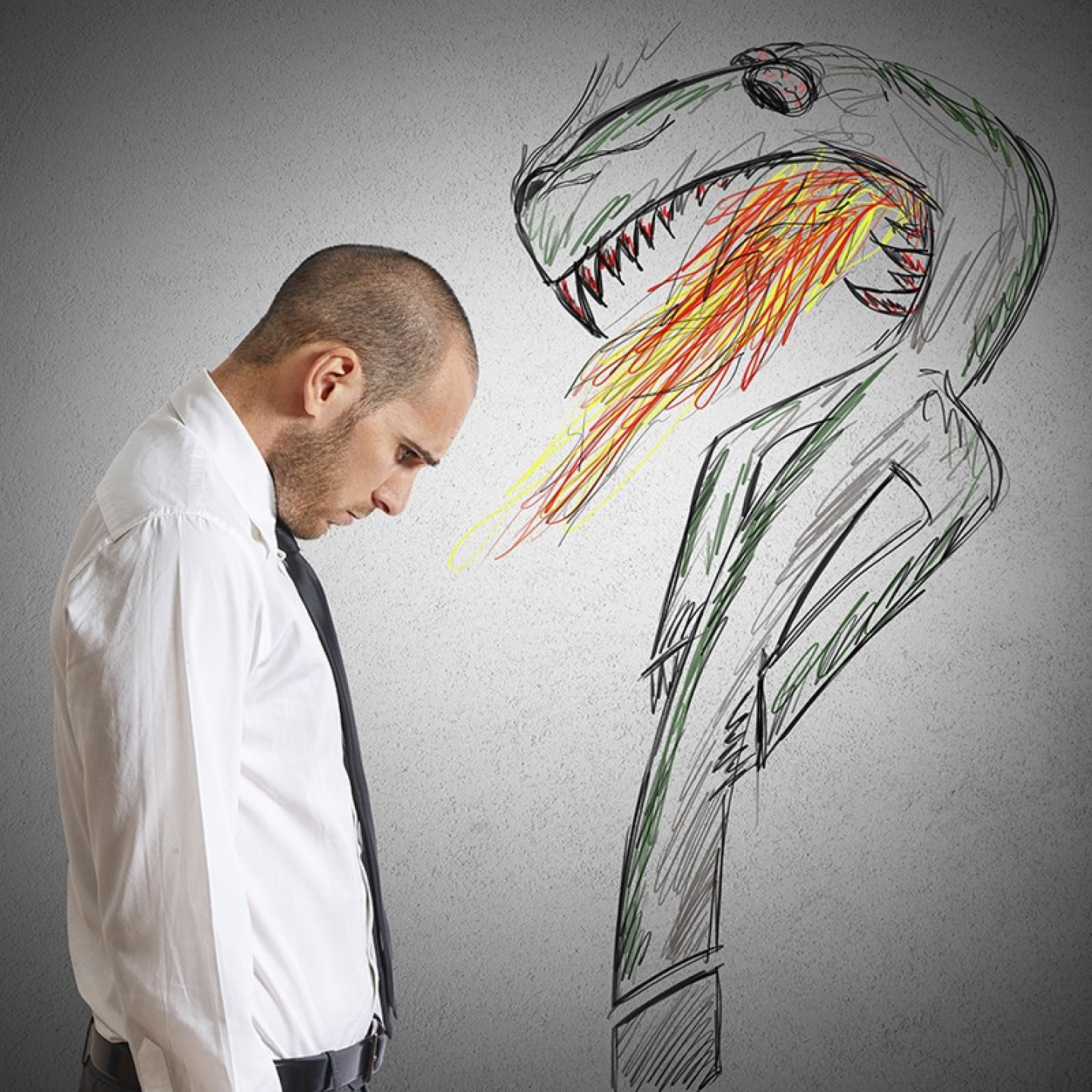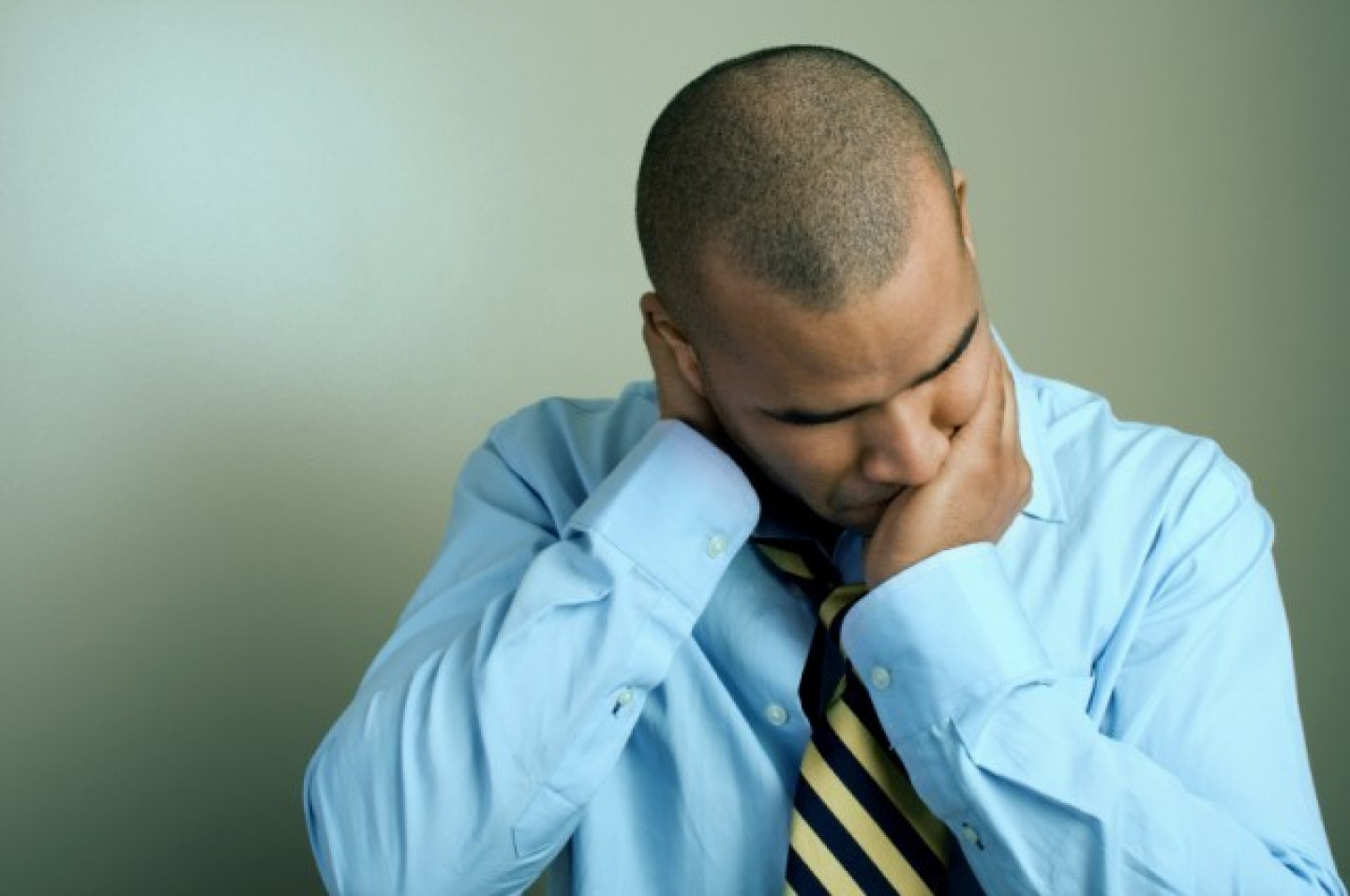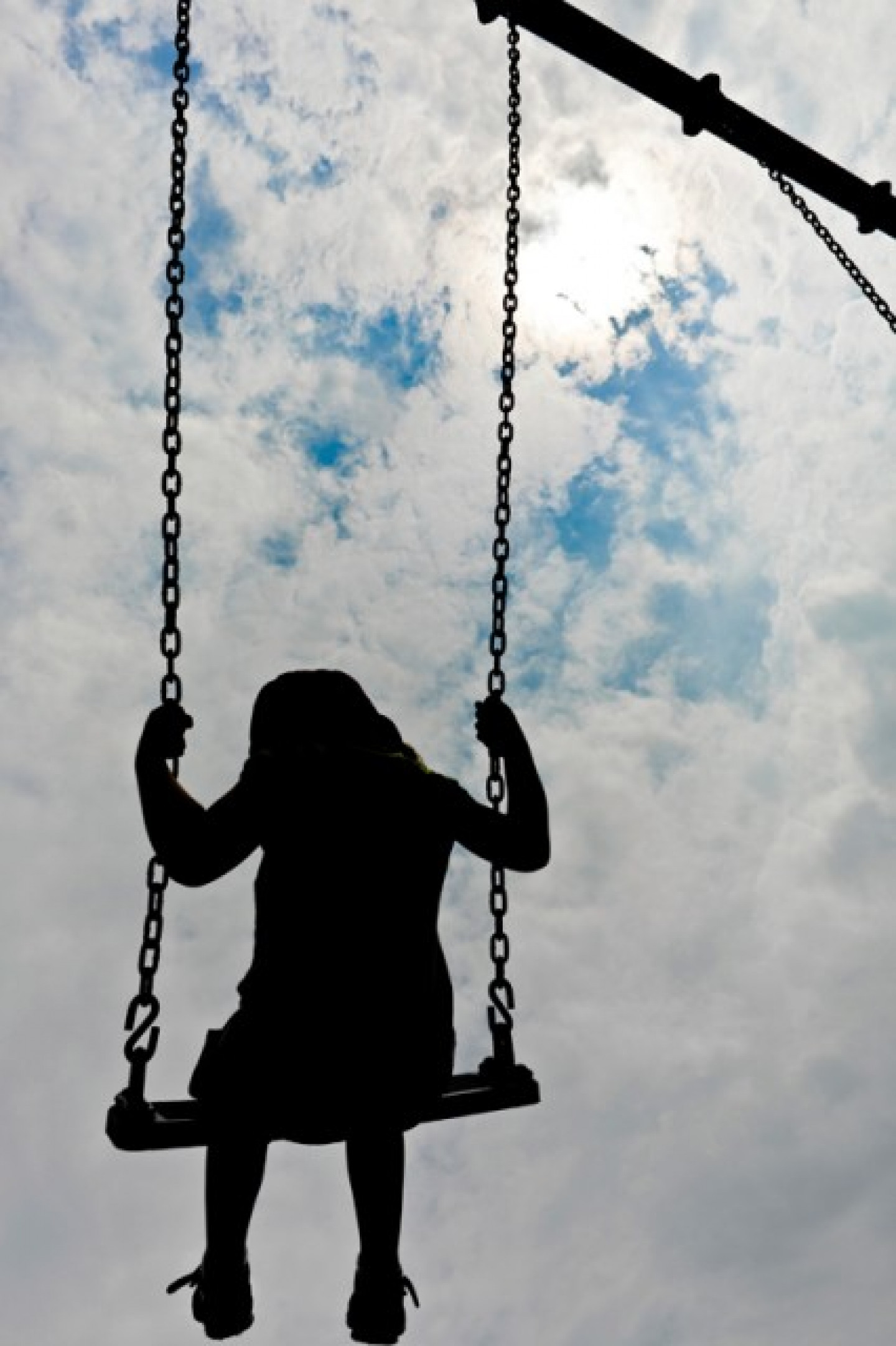How to Recognize & Prevent Teen Substance Abuse as Parents
Has your teenager's behavior changed suddenly? Do their clothes have a familiar smell you remember from your high school days? How do you know if they are using drugs? As a parent, severe substance abuse in teens is often a concern but rarely a reality. Teenagers are apt to experiment with drugs like alcohol, tobacco, and marijuana. However, any drug misuse can negatively affect your child's health and well-being.
There are steps you can take as parents to help your teen make better choices and get the rehabilitation they need. Goodman Psychologist Associates offers therapy programs for adolescents who use drugs, as well as counseling for parents and families.
The best thing a parent can do is pay attention to their teens and initiate honest conversations. Parents need to know how to spot drug use and what to do if it is suspected. You can do this by understanding teen substance use, recognizing warning signs, and knowing how to get your child assistance.
Suspect your teen might be abusing drugs or alcohol? Take these steps:
- Get a general knowledge of drug and alcohol use in teens.
- Learn the signs and symptoms of substance abuse.
- Talk to your teen using our Dos and Dont's.
- Learn how to prevent teen substance abuse.
- Get professional help.
What is Teenage Substance Abuse?
Before confronting your teenager, it is essential to understand the terms associated with drug use. Drugs are any substance that alters your physical or mental state. Drugs can be licit (legal) or illicit (illegal). Common drugs among teenage users include:
Licit Drugs
- Caffeine
- Nicotine
- Alcohol
Illicit Drugs
- LSD
- Cocaine
- Amphetamines
State Law/Misuse Dependent
- Prescription drugs like Adderall, Ambien, and OxyContin
- Cannabis
Recreational drug use is the occasional use of drugs, usually in a social gathering. Casual drug use may lead to addiction, but not always.
Prescription drug misuse happens when anyone uses a prescription drug that isn't theirs or if you use your prescription in ways that are not medically justified.
Drug abuse is an umbrella term meaning licit or illicit drugs are used recreationally or for self-identified necessity or convenience.
Recreational drug use, prescription drug misuse, and drug abuse can lead to Substance Use Disorder (SUD), a disease in which a person becomes addicted to a substance both chemically and psychologically, despite the likely damage it does to the person's life in areas like wellness, relationships, and employment.
How Common is Teen Drug Abuse?
It may come as a surprise, but teen drug abuse is not as prevalent as once believed. According to NIDAH and a study by Monitoring The Future, substance abuse declined after 2021. The study of surveyed teens across America found that drugs were used or tried by 11% of 8th graders, 21.5% of 10th graders, and 32.6% of 12th graders.
Most of the drugs students tried were nicotine, vaping, cannabis, and alcohol. Less than 3% of the teens surveyed tried narcotics (excluding heroin). Other studies have shown that many teens will try alcohol before graduating high school, but recurring substance use is less common. However, no drug or alcohol use by an adolescent should be taken lightly or ignored.
Risk Factors for Substance Abuse in Teens
There are several risk factors that can contribute to drug and alcohol use in teens that range from brain development to economic status. Understanding why an adolescent begins experimenting with drugs is one way to control further risk factors impacting your child.
Why Do Teens Try Drugs and Alcohol?
The teen years are about seeking new freedoms by pushing boundaries and a desire to find their own identity and place in the world. However, the adolescent brain is still developing, which can affect social reasoning and judgment when under emotional duress, increase risky behavior, and decrease impulse control. Our frontal lobes won't mature until we are young adults in our 20s.
Another natural part of our developing brains is our westernized need to take risks and seek thrills. Teenage drug use satisfies these urges when no other, safer outlets exist.
Common Risk Factors for Drug Use
Besides the behaviors and desires of a maturing brain, teens may also try drugs or alcohol for the following reasons:
- Peer pressure
- Availability
- Cultural or social norms
- Feelings of loneliness or isolation
- Social rejection
- Stress
- Economic status
- Low self-esteem
- Older friends
- Curiosity
- Risk-taking and impulsive behavior triggers
In addition to reasons why a teen might try drugs, there are risk factors that may increase the chance of addiction and substance use disorder, such as:
- The addictive qualities of the drug used
- Social alienation
- Chronic pain
- Genetics
- A family history of drug or alcohol abuse
- A history of trauma or traumatic events
- Physical, sexual, or emotional abuse
- Co-existing mental disorders like anxiety, depression, or attention deficit/hyperactivity disorder (ADHD)
Kids with mental health disorders are at a higher risk for drug abuse, particularly those with ADHD and anxiety. Remember that even mentally healthy teens who like to party are also at risk for drug abuse.
For adults and teens, smoking, drinking, or misusing drugs is a way to calm down and relax. Unfortunately, drugs are also a way to self-medicate co-existing behavioral health problems. The good news is that treatment for ADHD, anxiety, and other mental health diagnoses improves a teen's ability to control impulsive behavior and avoid the need to self-medicate.
Signs and Symptoms of Teenage Drug Use
Teenagers can be a mobile bag of chaos as they try to figure out who they are. These alterations to their appearance or behavior are a normal part of growing up. But, sometimes, too many changes can indicate a serious problem like drug use. If a few of the following signs and symptoms of drug use in teens apply to your kid, it's time to check in with your teen and seek professional counseling.
Personality and Behavior Changes
- Extreme emotions like hostility, aggression, paranoia, depression
- Threatening violence on others or self-harm
- Apathetic and unmotivated
- Uncooperative or withdrawn
- Lying, secretive, or excessive excuses
- Lack of inhibitions or self-control
- Hyperactive, manic, or very tired; oversleeping
- Theft, or money, valuables, and prescription drugs are missing
Communication Changes
- Speech is incoherent or slurred
- Problems comprehending simple statements
- Uncommunicative
- Trouble focusing
- Rapid-fire speech
Relationships and Social Changes
- Avoidance of relationships with family, friends, or social circles
- New friend group or older friends
- Avoiding eye contact
- Missing for long periods or breaking curfew
- Skipping school, work, or once-loved activities
- Getting into trouble at school
- Grades dropping
Hygiene Changes
- Clothes or breath smells of smoke or other unusual smell
- Excessive use of mints or gum
- Messier than usual appearance
- Wearing dirty, wrinkled clothes
- Poor hygiene, stops grooming, bad oral health
- Wearing inappropriate clothes like long sleeves on a hot day
Physical and Health Changes
- Lack of coordination, clumsiness, fidgeting
- Burns or sores on fingers or lips
- Bloodshot eyes, pinpoint pupils, or dilated pupils
- Nosebleeds and/or runny nose not caused by allergies or a cold
- Sores or spots around the mouth
- Sudden weight changes
- Hyper perspiration
- Vomiting or diarrhea
- Unexplained injuries
- Finding any of the following items in your teen's possession: vapes, cigarette lighters, zip lock baggies, square folded envelopes, or tinfoil
The Dangers of Substance Abuse in Teens
Drug and alcohol abuse is dangerous for everyone, but teenagers are especially vulnerable to the effects of addiction. Even trying a substance for the first time can have severe consequences, such as:
- An increased risk of violence
- Unwanted sexual activity
- Pregnancy
- Impaired driving
- Overdose
- Interference with brain development
- Drug dependence, cravings, and a higher risk of using more addicting substances
- Mental health disorder development like depression or SUD
- Underachievement in school
- A cessation of normal or beloved activities
- A cycle of intoxication, crashing, and withdrawal that can consume your life
- Poor judgment
- Physical disability or disease
How to Talk to Your Teen if You Suspect Drug Use
If you suspect or worry about substance abuse in teens within your family, you need to talk to them. You can use some Do's and Dont's to make your conversation productive.
When talking to your teen about drugs, DO:
- Find a time in which neither of you will be interrupted. Be sure to turn off the T.V. and set aside phones.
- Choose a comfortable, friendly, familiar space.
- Ask a variety of questions about your teen's personal experiences and their opinions.
- Ensure honesty from all parties involved.
- Be prepared to answer their questions and divulge your drug or alcohol use.
- Make it clear to your teen (and yourself) that this is a non-judgment conversation - and mean it.
- Remember that this is about the behavior, not the teen. Make sure they know you don't see them as a bad person, but they are making decisions you are not comfortable with.
- Remind your teen that you do not condone the use of drugs or alcohol, and be clear about your boundaries.
- Explore ways to resist peer pressure, like rehearsing drug-offer refusals.
- Remind your teen how drugs and alcohol will impact the things they love, like hobbies, after-school activities, sports, and driving.
- Discuss the media's role in sending the wrong messages to kids about drug and alcohol use.
- Emphasize the dangers of substance abuse in teens without using scare tactics.
When talking to your teen about drugs, DON'T:
- Talk to your teen when you are angry, frustrated, or judgmental. Discussions should be calm conversations, not lectures.
- Talk to your teen when either of you is not sober.
- Try to hide your use.
- Yell or threaten.
What can you do as a parent to prevent substance abuse in your teens?
Unfortunately, feeling guilty is second nature for parents. It's critical to remember that our children don't live in a bubble of parental protection. Parents influence their children, but they don't have total control. Social media, friends, and communities all influence teenagers, too. When a child has the flu, parents are there to help their children get well. Substance abuse in teens is no different. Parents can identify and treat the issue by getting the professional help needed.
Most teens go through anti-drug programs in school, so they are likely getting the information they need. However, parents still need to have open conversations with their teens so they know you are a safe space to talk about drug and alcohol use. Therapists can help parents mitigate these issues with their teens, as well as help alleviate the guilt that parents likely have if their teen starts using drugs.
There are actions parents can take today to try to prevent substance abuse in teens. Besides talking openly and honestly with your teens about the consequences of drug use, the Mayo Clinic suggests:
- Knowing your teen's whereabouts and activities and whether or not there will be adult supervision.
- Establishing fair rules and regulations regarding drug and alcohol use.
- Knowing your teen's friends.
- Providing your teen with support, encouragement, and praise.
- Keeping track of the prescription medication in your family's homes, including your teen's grandparents.
- Setting a good example.
- Rehearsing ways to say 'no' to peer pressure.
Treatment Options
The majority of teens using substances are not truly addicted but use drugs and alcohol socially with friends. Teens may also use drugs to self-medicate for other issues, so parents should not ignore any substance use.
Early intervention is critical. Often, therapy with a mental health professional can be enough to help your child make better choices. The therapist can also help determine if your teen may need a focused treatment program or long-term inpatient or outpatient rehabilitation.
Substance abuse in teens affects the whole family. Be sure to get professional help for parents and siblings from therapists who specialize in drug abuse and family dynamics. You can find these experienced therapists at Goodman Psychologists Associates. Unfortunately, teen drug use happens, but you don't have to face this challenge alone. Find a therapist, book an appointment, or call 630-377-3535 today.
If you are in a crisis, visit the Substance Abuse and Mental Health Services Administration (SAMHSA).








